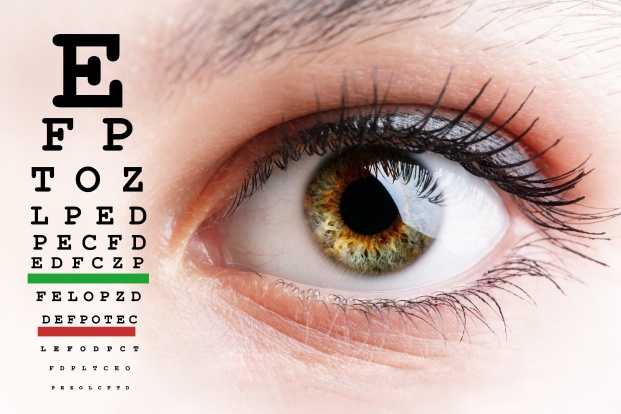What your eyes say about your health
Apr 19, 2022
Sudden blurriness in vision
An abrupt & dramatic loss vision can be sign of some disorder with flow of blood to our eyes or brain. Timely medical help could prevent severe damage & could also save our brain. Even if our vision improves fast, it may still become a an alert of an upcoming stroke or start of migraine headache.

Bulging eyes
Graves’ disease is a disorder which makes our thyroid gland release excessive hormones, which can result in this disorder and also double vision & loss of vision. It could also result in weight loss, diarrhea & hand tremors. Medicines or surgery can assist in controlling the quantity of hormones that our thyroid produces; however, they would not treat the underlying disorders & may not assist our eyes.
Blurred vision
This could be a sign of diabetes that results in excessive sugar in our blood. If it is not managed well, we may encounter diabetic retinopathy (i.e. the tiny blood vessels in our eyes leak blood or even other fluids). We may experience blurred vision & find it tough to see during night hours. Doctors may use a laser for assistance in sealing those leaks & get rid of the undesirable new blood vessels. This could affect our side vision; however, it may save our central vision.
Ring around cornea
The disorder known as corneal arcus results in gray-white line of the fat deposits to develop on the external edge of our cornea (i.e. clear, curved surface at frontal part of our eye, which assists its focus). Seldom, these deposits form a complete ring. If we are older, it is probably nothing to get worried about. However, if we are below 40, it may be a sign of severely high cholesterol.
Drooping eyelids
This could be a sign of myasthenia gravis, that makes our immune system to attack & weaken our muscles. It affects our eyes, throat muscles, face more than the other areas & could make it tough to swallow, speak or swallow. Our doctor may filter our blood to assist in easing our symptoms, however, that does not work longer. There is medication also for this. However, in few cases, surgery is required for removing the thymus gland.









